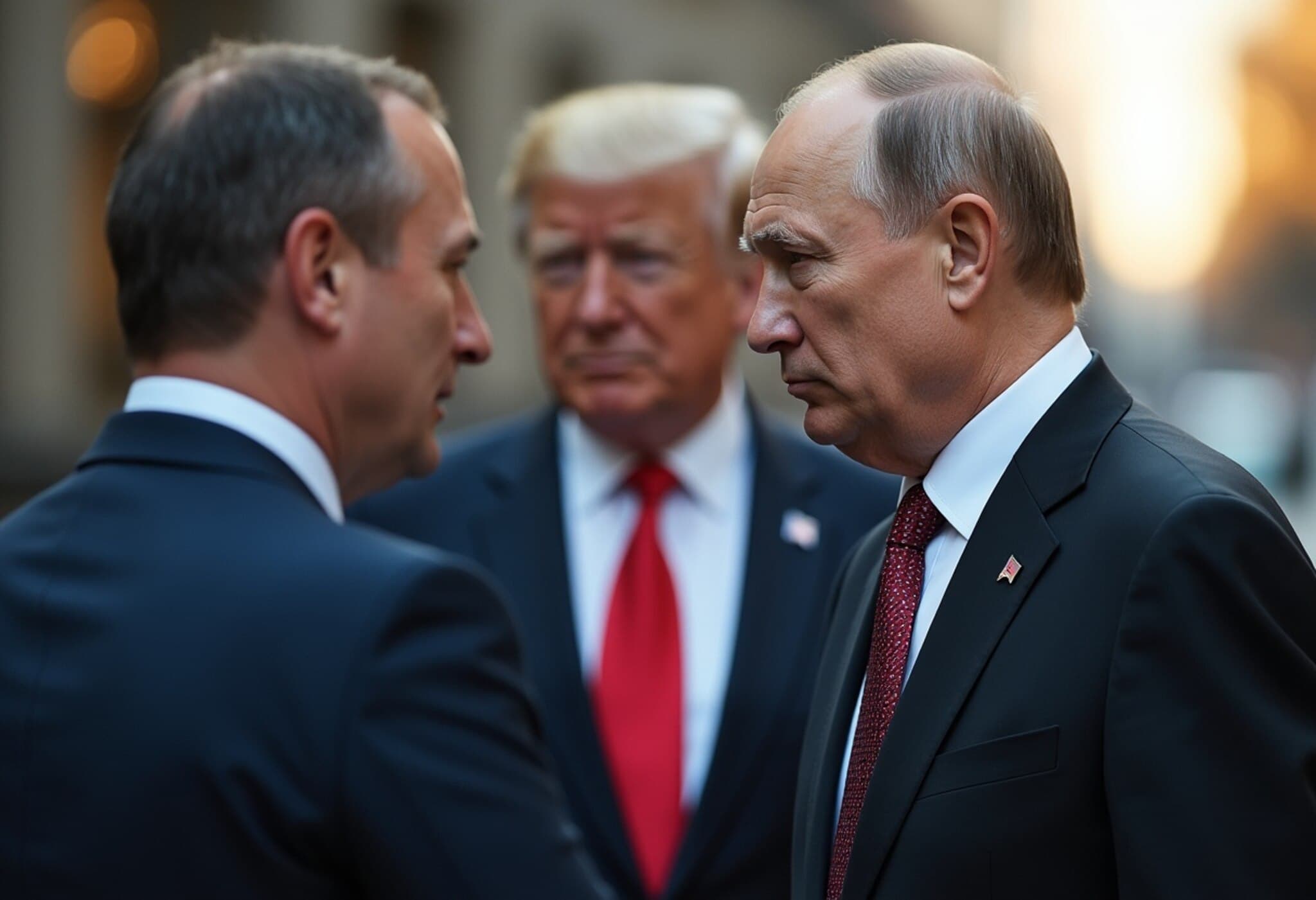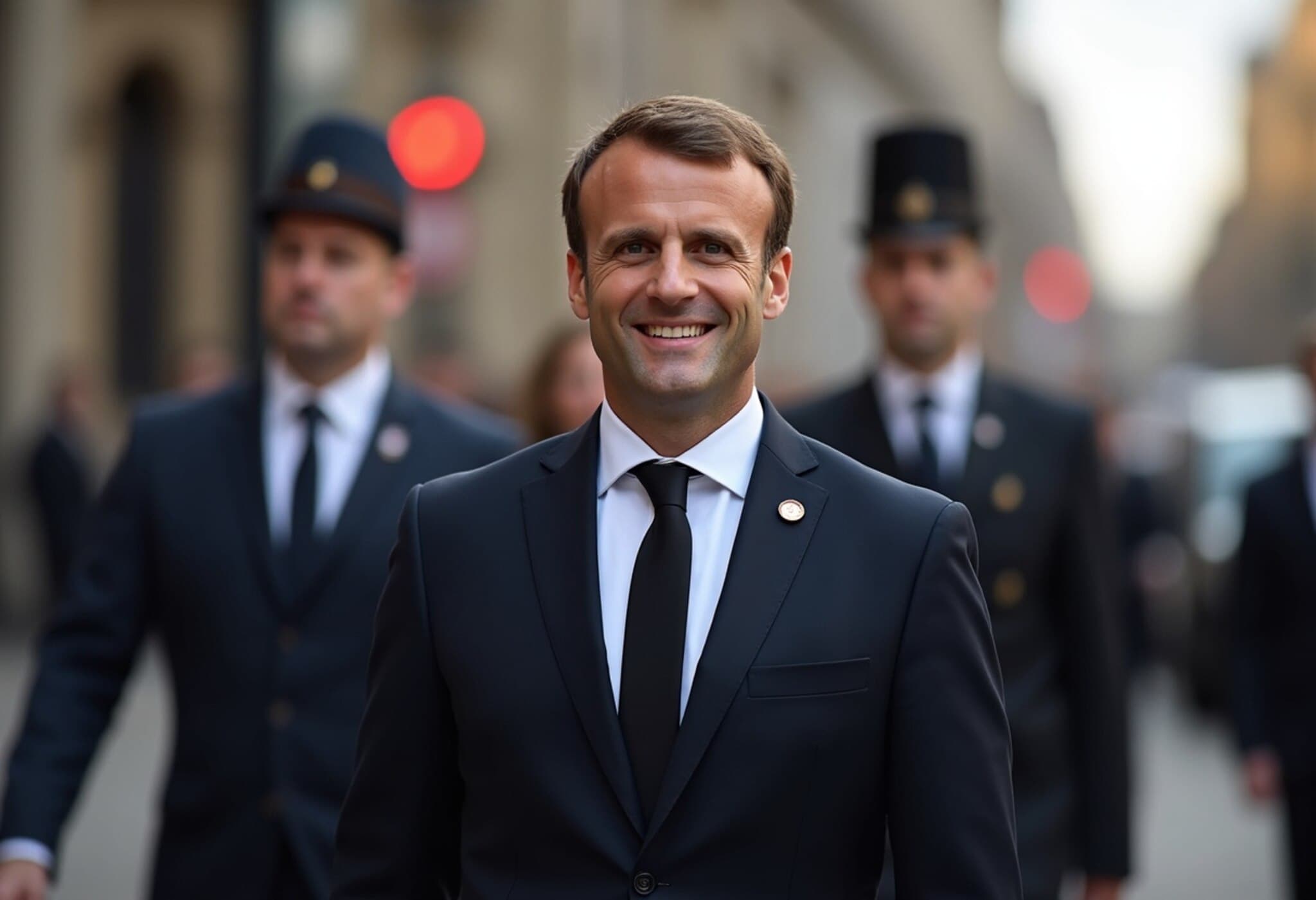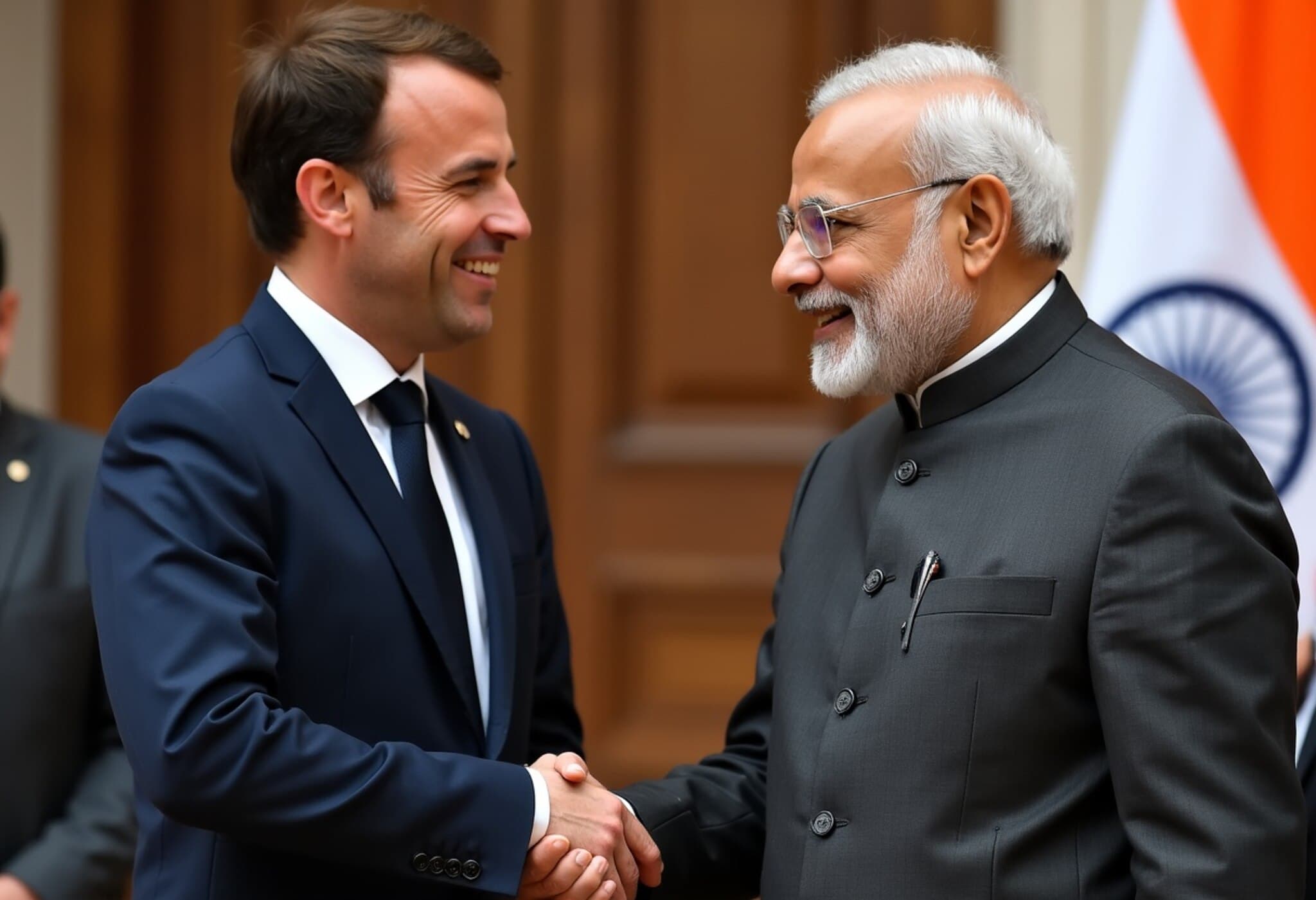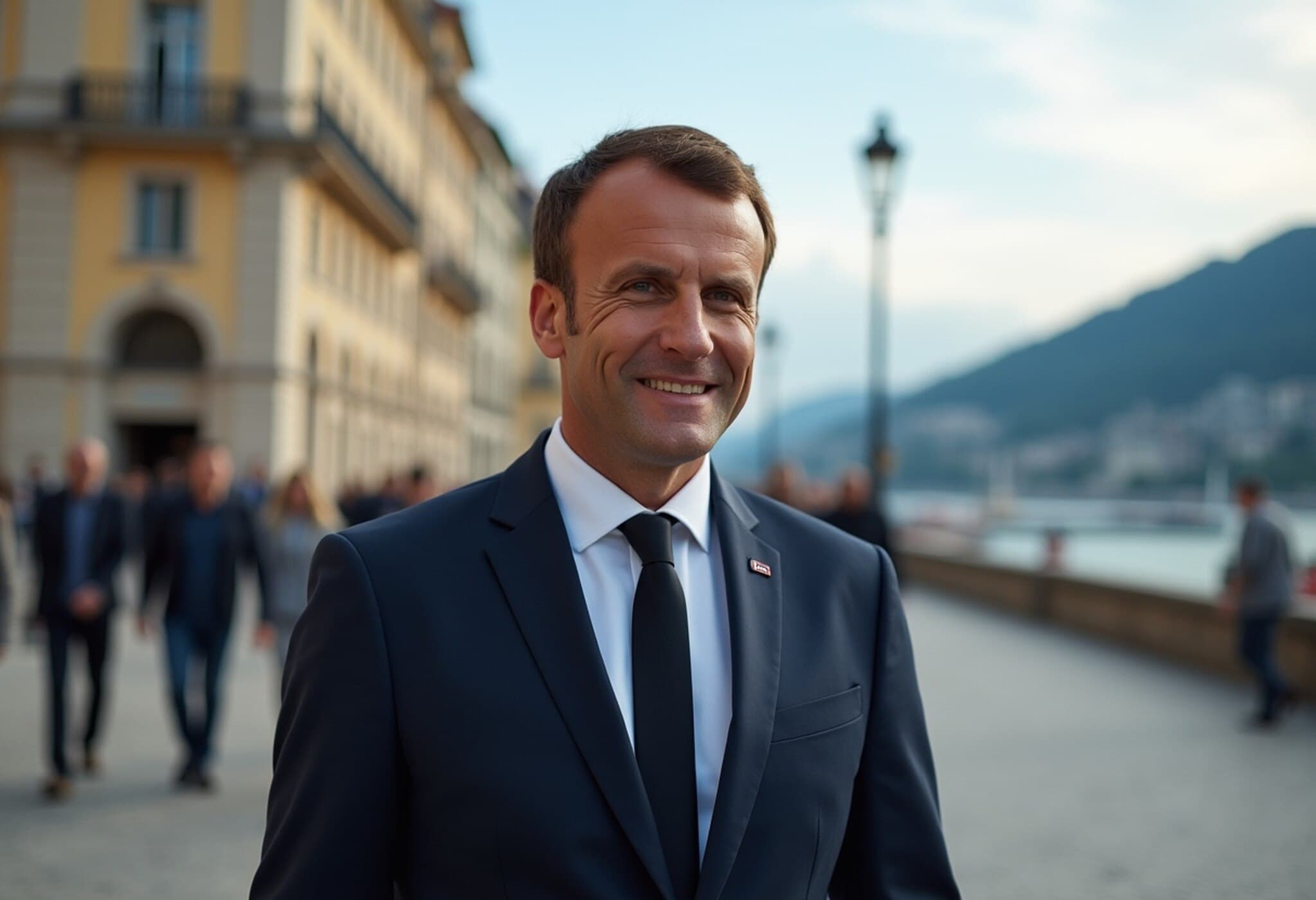France's Controversial Plan to Reduce Public Holidays Sparks Nationwide Debate
French President Emmanuel Macron is navigating treacherous political waters following a bold proposal to freeze federal government spending and eliminate two key public holidays. This initiative aims to tackle France's ballooning national debt, now exceeding €3.3 trillion, but has triggered widespread opposition from all corners of the political spectrum.
Details of the Proposal
The French government, led by Prime Minister François Bayrou, announced plans to cancel Easter Monday and May 8 — a nationally significant holiday commemorating Victory in Europe Day at the close of World War II. This move would reduce the number of official public holidays for French workers from eleven to nine annually.
Bayrou emphasized the necessity of a one-year freeze on government spending to avoid further economic instability, framing it as essential to curbing France's mounting debt burden, which stands at 114% of GDP — one of the highest rates in the European Union.
Political Fallout and Opposition
The response has been swift and visceral. Right-wing leader Marine Le Pen has condemned the proposal as an assault on French citizens’ rights and threatened to initiate a no-confidence vote against Bayrou’s government. Le Pen stated on social media, "This government prefers to attack the French people, workers and retirees, rather than tackle waste." Her National Rally party, which holds a significant portion of seats in the National Assembly, could potentially leverage this plan to destabilize the current administration.
On the left, Socialist Party head Olivier Faure denounced the proposal, reflecting a rare moment of bipartisan disapproval. Public workers, already grappling with controversial reforms including Macron's pension age increase from 62 to 64, view the possible loss of holidays as yet another erosion of hard-won worker rights.
Context: Debt, Pension Reforms, and Worker Sentiment
France's economic challenges extend beyond holidays. Macron’s administration has implemented pension reforms that shift the retirement age, a move met with sustained protests and union pushback. While the plan technically affects those born after January 1, 1968, it underscores broader tensions about social welfare and fiscal responsibility.
Prime Minister Bayrou reiterates the urgency: "No more spending in 2026 than in 2025 — no less, no more," underscoring the narrow fiscal constraints. Such austerity measures are rare in Western democracies, where political will often collapses under social pressure.
Comparative Insight: International Perspectives on Public Holidays and Spending
Interestingly, France would still have fewer public holidays than some regions abroad — for example, Australian states like New South Wales and Victoria have between 11 and 13 public holidays annually. Yet, the symbolic and cultural weight of these holidays in France adds complexity to their proposed removal.
Moreover, other European nations face parallel challenges. British Prime Minister Sir Keir Starmer recently experienced backlash within his own party over welfare cuts, illustrating how unpopular austerity measures often are, regardless of the country’s fiscal health.
Looking Ahead: Political Implications and the 2027 Presidential Race
Though France’s next presidential election is still two years away, the holiday cuts and spending freeze could be pivotal campaign issues. Marine Le Pen’s party is already shaping its narrative around economic hardship and immigration, even as she faces legal and political constraints herself.
Adding to the turmoil, the National Rally’s headquarters was raided over allegations of donation-law violations, compounding political uncertainty.
Expert Commentary: Navigating Fiscal Responsibility and Public Sentiment
Balancing economic austerity with social cohesion remains a tightrope for French policymakers. Experts in European economics highlight that while debt reduction is imperative for sustainable growth and investor confidence, governments must tread carefully to avoid alienating the populace.
As France’s public reconciles with altered labor rights and public holidays, it reflects a broader question pertinent to many Western democracies: How can fiscal discipline coexist with the social contract that underpins national unity?
Editor’s Note
France’s initiative to slash public holidays amid a commitment to freeze government spending exposes the delicate intersection of economic necessity and public sentiment. The resulting political upheaval underscores that austerity is not just a numbers game, but a challenge of maintaining trust and social equity. Observers should watch closely how France recalibrates its approach ahead of critical presidential elections, as these decisions reverberate beyond Paris to inform fiscal policy debates globally.



















